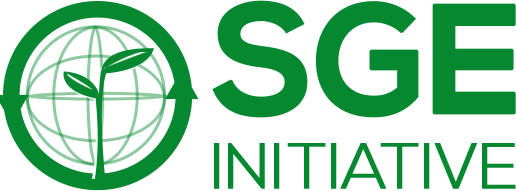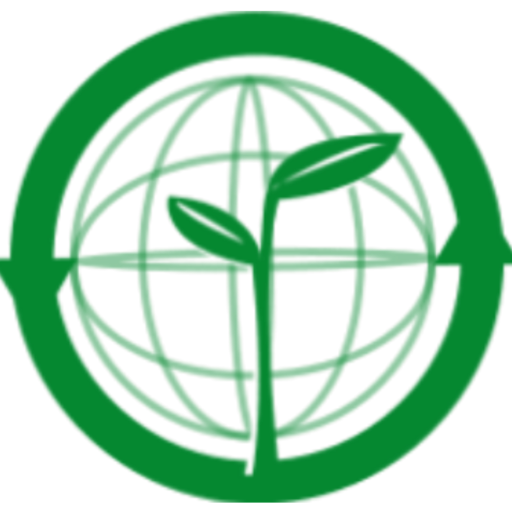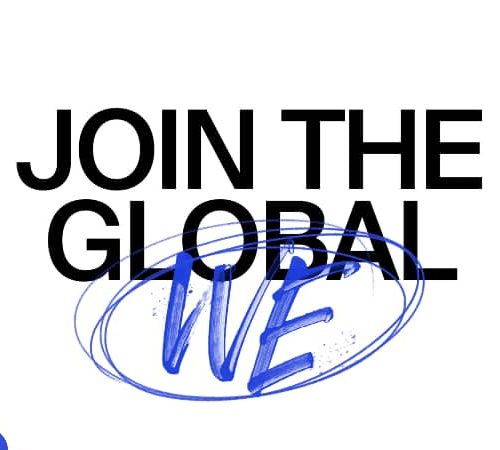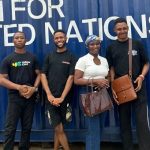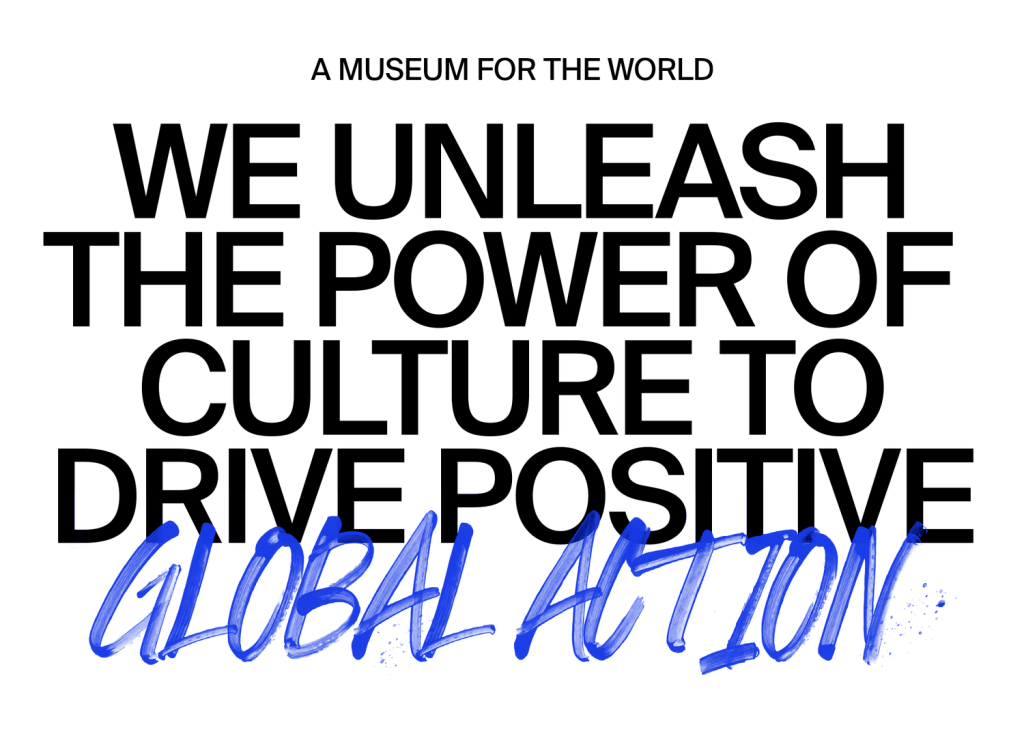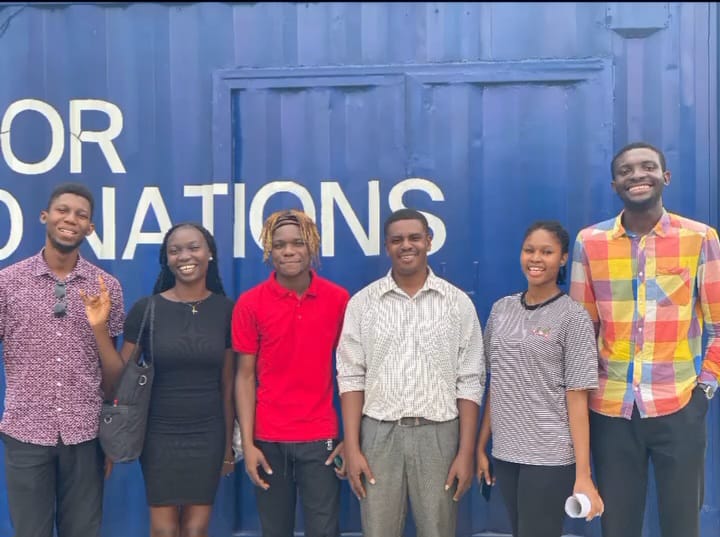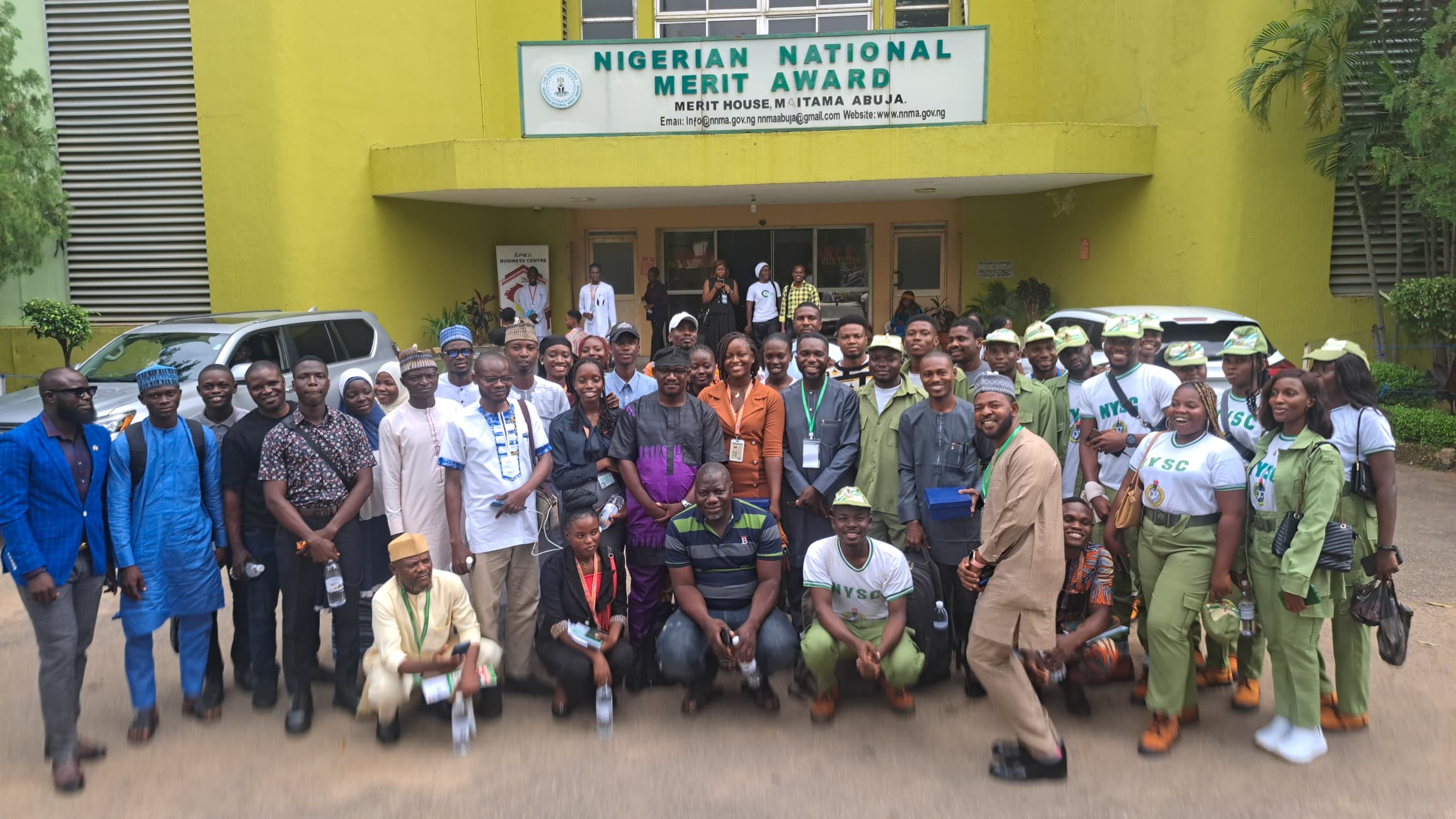Welcome to Lagos Portal
Museum for the United Nations
LAGOS MEETS DOHA; UNITE TO PROTECT.
On the 9th of September, 2024, a profound conversation unfolded between portal participants in Doha – Qatar, and Lagos – Nigeria, addressing a salient topic: “The Impact of Humanitarian Aid in Protecting Education from Attacks.” In regions plagued by violence and instability, education is not just a fundamental right but a means of survival and a beacon of hope, yet it remains under constant threat.
Let us consider this: According to a UNESCO report published in 2019, over 75 million children in conflict zones worldwide are deprived of schooling, trapped in a cycle where education becomes a distant, unattainable dream.
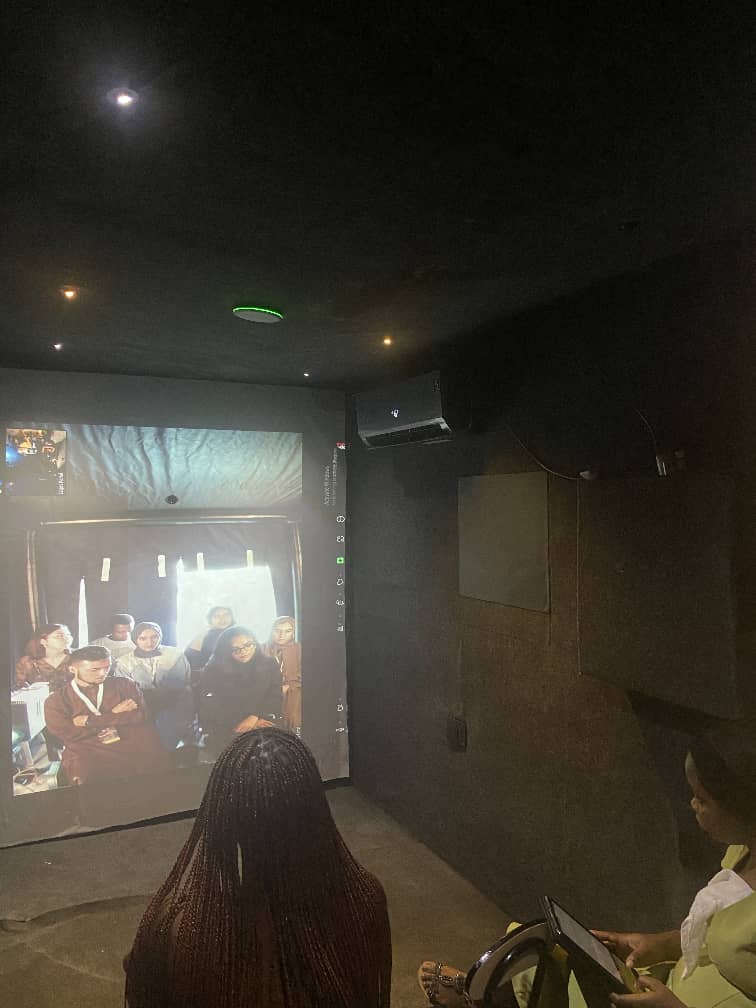
A participant in the Lagos portal; Glory Adekemi Ojo, corroborates this as she said: “Seeing Education as a form of hope is very important. Think of people who can not see past their current situation, who do not even think they can survive the next day. When these people are educated about life outside the war zone, life outside struggle and strife, and life after hunger, it creates hope for them. They want to see what’s next, and this gives them a fighting spirit strong enough for them to say: Yes, I can be more. I can be whatever I want to be regardless of this particular situation.” This inspiring fact set the stage for the powerful conversation that ensued.
Participants at the session quickly emphasized a striking truth – education is not limited to the confines of a classroom. The realities faced by students in volatile regions are so different from the structured environments many of us take for granted. In these areas, attending school can come with a heavy mental toll, where danger lurks beyond the classroom walls, forcing students to learn under the shadow of violence and insecurity.
This is where humanitarian aid, combined with security, becomes crucial. Humanitarian efforts are no longer just about providing books or constructing buildings; they are about safeguarding minds and futures. When education systems are threatened and attacked, it’s not just the loss of a day’s learning, but the gradual loss of potential and the crushing of dreams.
Another key theme that emerged was the role of education in breaking oppressive structures, especially when religion is used as an exploitative tool. In many areas, religion has been misused to suppress thought and exploit people. A portal participant commented with a funny anecdote:
“Education opens your eyes and minds. When you are educated, you have a backing. You can conclude and say – oh, this is wrong, or oh, this is right. You have the tools to move forward, do the right thing, and be a good person. No one can come to tell you that when you kill a person, you have seven wives waiting for you in heaven. When you are properly educated to know the pain, you’ll be inflicting, the lives you’ll be hurting, a whole lot of difference will be made.”
This makes education a liberating tool, that gives us the ability to question, challenge, and break free from imposed belief systems.
Participants from both ends agreed that to create meaningful change, education must evolve beyond traditional teachings. “We need to teach people how not to be dependent” one speaker noted, underscoring the importance of education that empowers individuals to think critically and forge a solution-providing community amongst themselves, so they can first look inward for aid.
But even with the power of education understood, it cannot exist without some established entities. The discussion turned to a crucial point: “The Hierarchy of Needs.”
Security, food, clothing, and shelter must be in place for education to thrive. “Education is a human right, but food, clothing, and shelter are basic human needs,” participants pointed out.
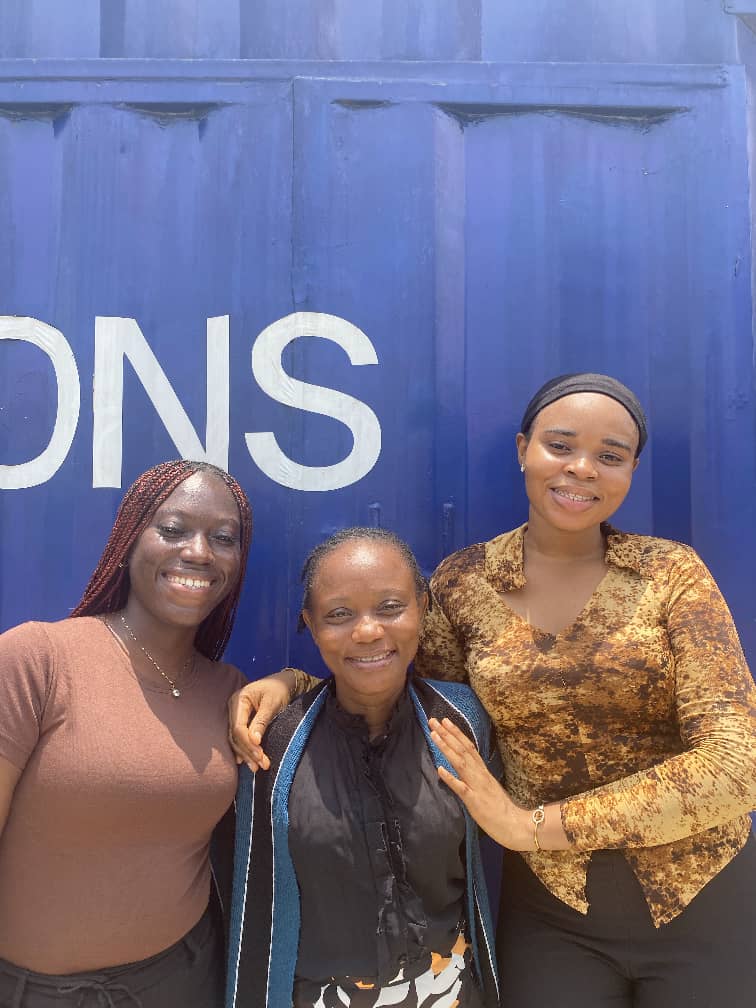
People are the problem. They need to know they have a problem before international aid can truly be effective. – Doha participant.
They explored how these needs often clash in regions of conflict, highlighting the importance of prioritizing them without downplaying the role of education.
“We should not just settle for the bare minimum of meeting basic needs in these volatile regions,” another participant said.
“Redistribution of education for everyone should be considered.” This perspective acknowledges that education cannot flourish without addressing the broader humanitarian crisis. By safeguarding education, we are not just protecting books and classrooms; we are protecting the children themselves.
A recurring theme was the limitations and challenges that international aid faces in protecting education from attacks. Humanitarian law can only do so much when the real problem lies with the people committing these atrocities.
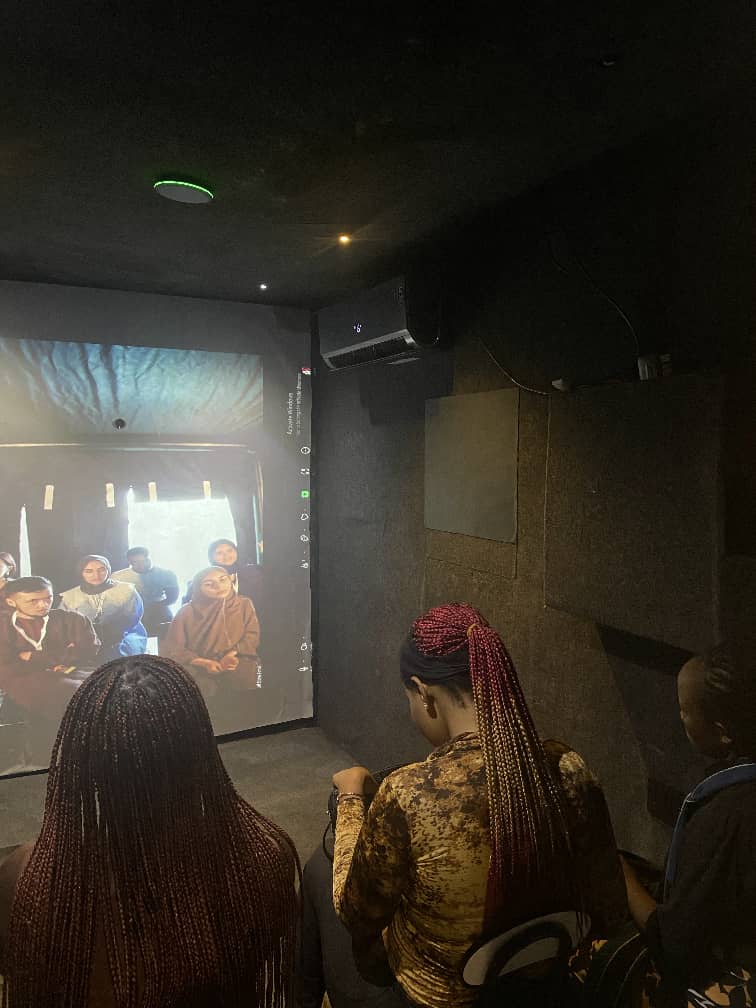
Cross section of participants at the portal
This opinion then raised questions about whether laws alone can protect education in conflict zones. “Laws are made because people will still commit crimes,” a Doha portal participant noted, explaining the difficult balance between creating protective frameworks and addressing the root causes of violence.
After discussing these challenges, there was a call to action – that focused on community-driven solutions. Local initiatives, driven by the people most affected, are often the most sustainable, participants agreed.
While international aid remains essential, communities need to take ownership of their future. Like the idiom that says – heaven helps those who help themselves, a speaker urged people in these affected regions to “Seek opportunities to do something for yourself before international aid steps in.”
As the session concluded, the participants from both portal locations agreed that raising awareness was just the beginning. To have a measurable impact, the international community must take small but deliberate steps. Whether through local initiatives or large-scale humanitarian efforts, the goal remains clear—safeguarding education in conflict zones means safeguarding the future of children.
On International Day to Unite and Protect Education, celebrated in Doha the same day, the message was echoed loud and clear: protecting education from attack is not just about saving schools, but about protecting the dignity, rights, and future of generations to come.
Conclusively, one thing is evident: education is not just about learning facts or acquiring skills – it’s about opening minds and creating a future where children in even the most volatile regions can thrive.
And for that to happen, the global community must continue to stand united in its efforts to protect education, ensuring it remains a beacon of hope even in the darkest times.
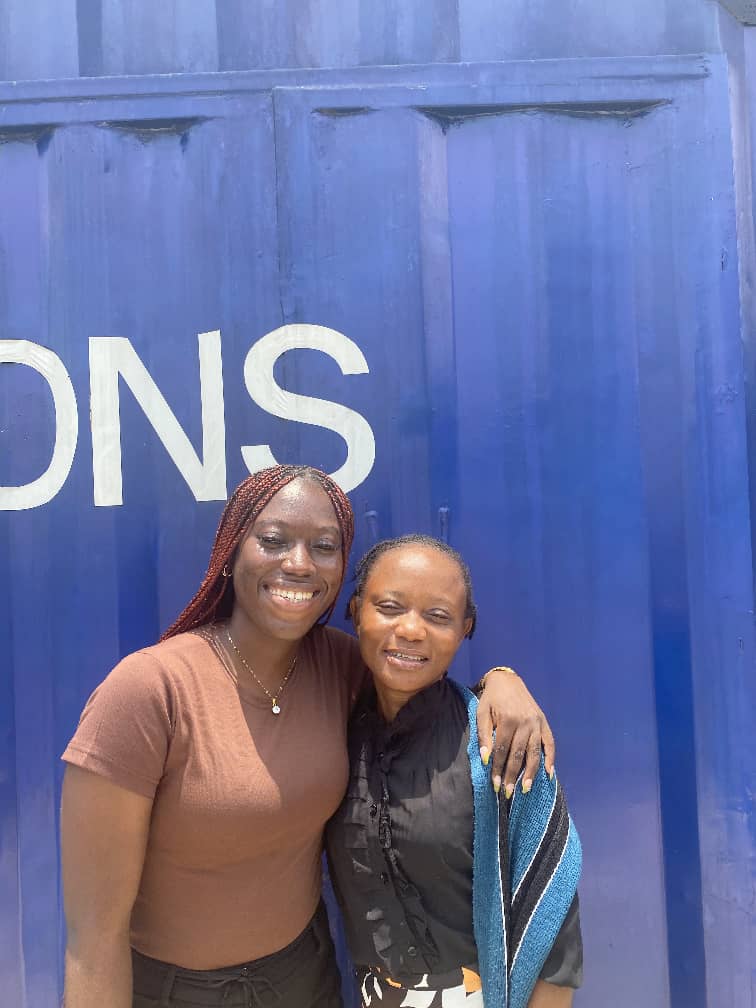
Join us as we unravel more engaging narratives that echo the heartbeat of the Global We initiative. Together, let’s foster a community that embraces diversity, promotes equality, and encourages continuous personal and collective growth, until everyone feels heard.
Want to be a part of the Global We, sign up here:
The Global We is a platform for transformative conversations by Museum for the United Nations (UN Live). Supported by the IKEA Foundation and Auaustinus Foundation, it is delivered in partnership with Shared Studios and Cortico and +20 partner institutions around the world.
What is the Global WE about? See here:
Explore Findings on Global WE platform:
To get updates about upcoming sessions, give us a follow on all our platforms below.

Join Our Portal
We are setting up 25 portals around the world, hosted by both public and private institutions that connect with a wide audience.
We spark action
The journey from feeling like just a drop in the ocean to seeing yourself as part of a wave of collective, global positive change
Global Connection
We are building the world's biggest, most inclusive conversation for climate change. We will be present across the world
Global WE
Bringing voices of many into the climate agenda, join us and share your ideas
Latest Blog
The Power of Education in Conflict Zones: A Path to Hope.
Welcome to Lagos Portal Museum for the United Nations LAGOS...
Read MoreArt as a Tool for Social Change: Lagos Portal Fosters Creativity and Healing.
Welcome to Lagos Portal Museum for the United Nations ART...
Read MoreKeeping Up With The Global We
Welcome to Lagos Portal Museum for the United Nations KEEPING...
Read MoreJoin over a million people
The world is buzzing with anticipation as we continue to participate in the largest conversation on climate change that the world has ever seen. The prospect of this event has generated a rush of emotions and feelings, with everyone eager to express their thoughts and share their passions with like-minded individuals. Do you want to be part of this great conversation?
